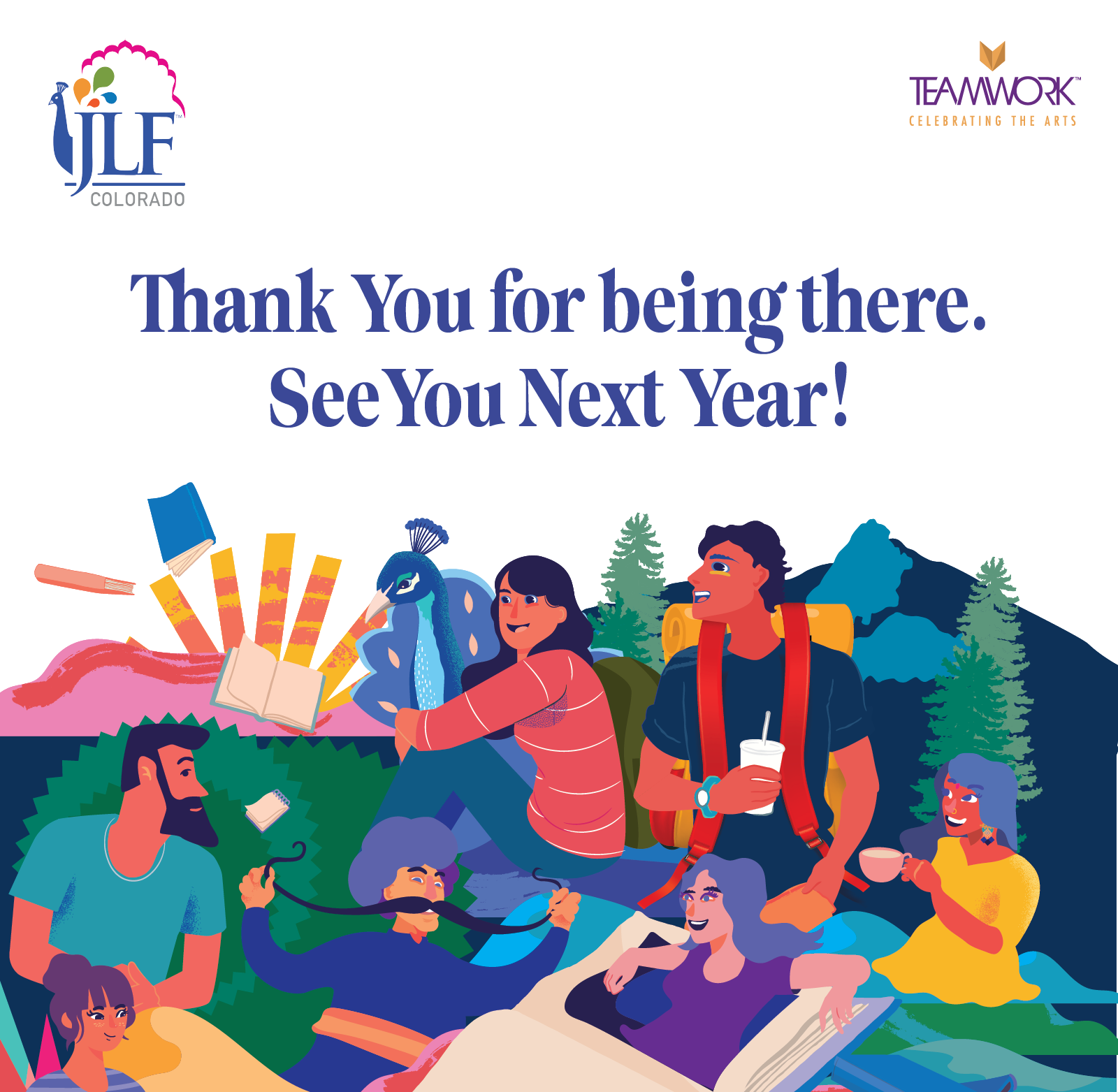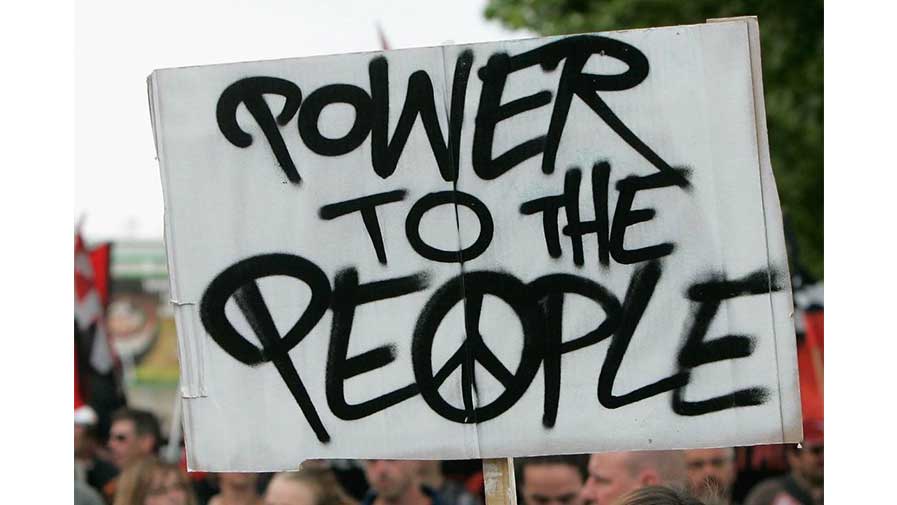


Messy, Messy Democracy
by Debra Nicholson, Official Blogger for the Jaipur Literature Festival/Boulder
In short we are likely to preserve the liberty we have obtained
only by unremitting labors and perils.
–Thomas Jefferson, letter to Phillip Mazzei, 1796
A populist demagogue represents a major political party in the 2016 presidential election. Congress feeds at the trough of legislative gridlock. Lobbyists and corporations control political discourse. Civil rights, eroded in the name of the War on Terror. Mainstream media, beholden to the almighty advertising dollar. An appallingly low percentage of voting citizens: few trust the government. Few find time for civil engagement, except for posting noxious social media rants.
This is democracy, coming to you from the birthplace of modern democracy, our own United States.
The idea of democracy is old, but the practice is relatively new. The Ancient Greeks conceived it, and today’s democracies are built on similar principles: a government exists to protect the rights of its people and governs with their consent; citizens have the right to choose their leaders in free, fair, and regular elections; constitutional limits on the power of the state are based on the rule of law (not by the arbitrary rule of monarchs); majority rule, minority rights; accountability and transparency through a free press; human rights; multi-party systems; economic freedom; and freedom of expression, association, and religion.
People yearn for government of the people, for the people, and by the people. From 1973 to 2006, the number of democracies increased from 54 to 125.
However, the grand democratic ideal is more difficult to institute and maintain than the Ancient Greeks might have imagined. Since 2006, the political rights and civil liberties necessary for democracy decreased, not only in new democracies, but in established democracies such as the United States. It seems democracy may be in trouble.
Some say the keystone to democracy is free, fair, and regular elections, where citizens express their will through the vote, whether it is to raise up representatives or to take a stand on issues.
Recently, however, democratic voting has taken some interesting turns. Early this year, Great Britain’s voters decided to leave the European Union, much to the world’s shock, with a 71.8% voter turnout. And in India, the world’s largest democracy, the 2014 vote ousted the Indian National Congress Party, ushering in the rule of the Hindu nationalist Bharatiya Janata Party (BJP). An astounding 66.4% voter turnout was recorded, giving the BJP a single-party majority of seats not seen in parliament since 1984, and the first time a party other than Congress has done so.
The people spoke, but did they mean what they said? Leaving the European Union will impact trade agreements with countries worldwide and may negatively affect European nationals currently living and working in Great Britain. In retrospect, many who voted Leave now say they regret it, claiming they were misled by the media and politicians.
And did Indian voters intend to reject the Gandhian-Nehru dynasty of the Congress Party for the right-wing Hindutva leanings of the BJP, or did they vote for the BJP’s promised macroeconomic reform?
The people’s will may not always reflect the best or most informed choice. But as Winston Churchill quipped:
“Many forms of Government have been tried, and will be tried in this world of sin and woe. No one pretends that democracy is perfect or all-wise. Indeed it has been said that democracy is the worst form of Government except for all those other forms that have been tried from time to time…â€
What should be done about the precarious state of democracy? Try to return to the ideal? Keep on the same course? Adapt to new realities? Embrace the chaos?
The right to argue that question is a privilege of… democracy.
Democracy means: A populist demagogue may be elected U.S. president. The Brexit vote may cause unanticipated damage in Europe and abroad. India may continue to swing right toward Hindu nationalism.
Isn’t that the chance we take with free, fair, and regular elections?
But to keep democracy on course, it takes more than voting. It takes an informed and engaged citizenry to ensure accountability from elected governmental representatives.
The alternative is not acceptable. To paraphrase Churchill: A messy, messy democracy is a thousand times better than the harsh, or even mild, regulation of any tyrant.
©Debra Nicholson 2016
Title Image:
“Protest Sign.â€
Click here for photo credit source.
Like this blog? Find more interesting blogs about the Jaipur Literature Festival in Jaipur too! Click here.
Disclaimer: We do not endorse, support or subscribe for any statement, view or comment expressed or posted on this blog or social media page. Any view, statement or comment posted on this platform does not represent the views of Teamwork Arts, its affiliates or its employees or any person associate with Jaipur Literature Festival (JLF), unless specifically stated otherwise.



Leave a comment